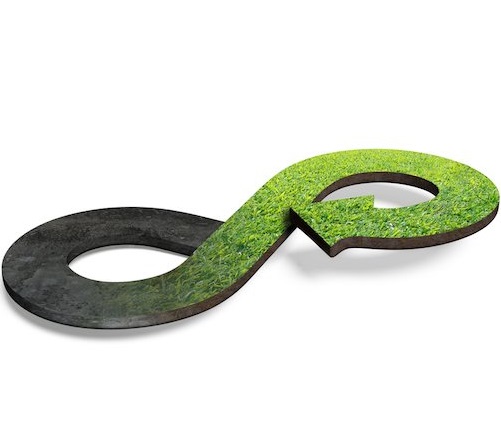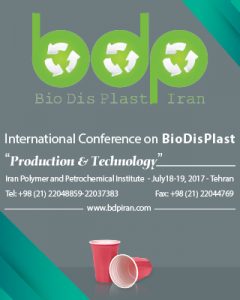BASF has thrown its support behind the Ellen MacArthur Foundation‘s initiatives supporting circularity in the plastics value chain.

The leading chemical and materials science pioneer announced its membership of two programes that further the advancement of existing circular economy solutions that could significantly cut the amount of waste plastics ending up in landfill, as well as reduce further carbon consumption along the entire supply chain.
“Circular economy is much more than waste management,” said Dirk Voeste, Vice-President Sustainability Strategy at BASF. “It requires substantial changes in terms of behaviour and technology use.”
BASF has joined the Foundation’s Circular Economy 100 initiative to drive the concept of circularity within its own operations and to support circular economy realisation with other innovators and organisations. The engagement in the multi-stakeholder platform provides additional opportunities to learn and collaborate with partners along the value chain.
BASF has also become a member of the New Plastics Economy initiative, which brings together key stakeholders to rethink and redesign the future of plastics, starting with packaging. In its involvement in the New Plastics Economy, BASF will work closely with the initiative’s participants to accelerate the transition towards a circular economy for plastics, while ensuring that benefits such as food protection are upheld.
“The CE100 brings together leaders and innovators from around the world, to unlock new opportunities arising from a circular economy approach,” Casper Jorna, CE100 Program Lead. “We are pleased to welcome BASF to the programe, to offer their unique perspective on the key role chemistry plays in developing new processes and solutions across the value chain.”
“As a manufacturer with a broad plastics portfolio for the automotive, household appliance, construction and packaging industries, we can contribute to the Foundation’s platform a wealth of expertise in plastics, their properties and recycling opportunities”, noted Dr Jens Hamprecht, Head of Market Development Biopolymers, BASF. “For example, we can also share our significant experience with biodegradable and partially bio-based plastics, like our ecovio, in applications such as the collection of bio waste.”
“A smart circular economy concept has to be integrated within product development, production processes, use and re-use systems right from the beginning,” added Voeste.
Source: eppm













